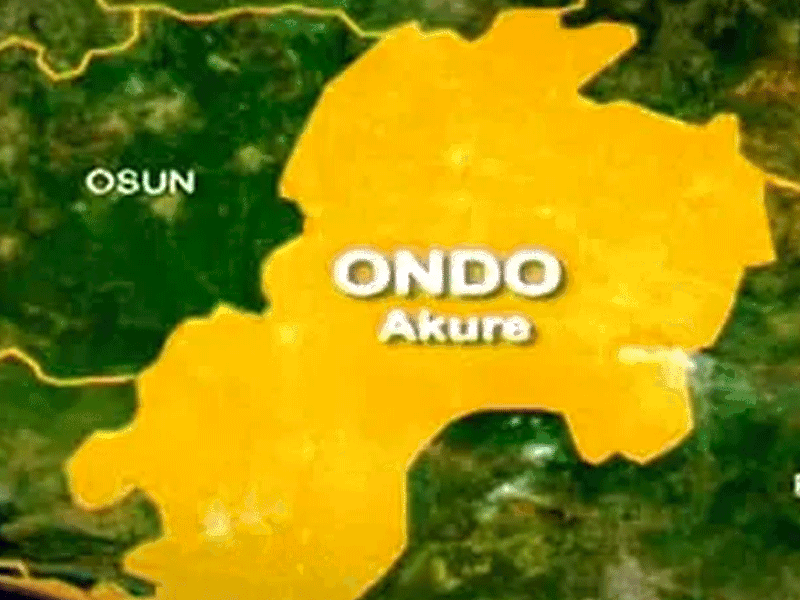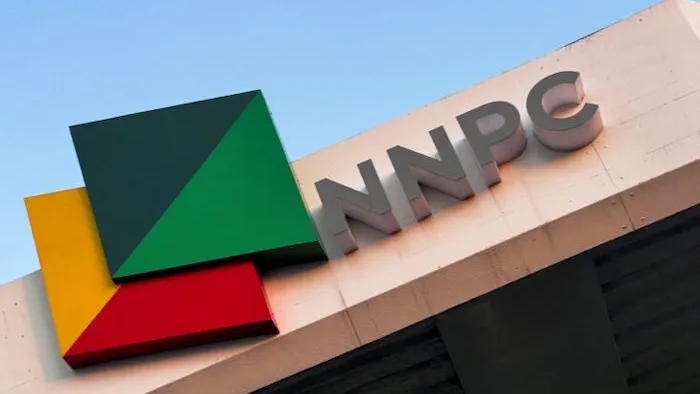-
FAAC shared N1.681 trillion in April 2025 revenue among the Federal Government, 36 states, and 774 local government councils — a 6.5% increase from March.
-
Gross revenue rose to N2.848 trillion, with key boosts from Petroleum Profit Tax, VAT, EMTL, and import duties, although Companies Income Tax (CIT) dropped significantly.
The Federal Account Allocation Committee (FAAC) disbursed N1.681 trillion to the three tiers of government in April 2025, reflecting a 6.5% increase from the N1.578 trillion shared in March.
The allocation covered the Federal Government, 36 state governments, and 774 local government councils.
This was revealed in a statement by Bawa Mokwa, Director of Press and Public Relations at the Office of the Accountant General of the Federation, following the FAAC meeting held in Abuja.
ATTENTION: Click “HERE” to join our WhatsApp group and receive News updates directly on your WhatsApp!
According to the communiqué, gross revenue for the month reached N2.848 trillion.
After deducting N101.051 billion as collection costs and setting aside N1.066 trillion for transfers, refunds, and savings, the distributable amount stood at N1.681 trillion.
The revenue comprised N962.88 billion in statutory inflows, N598.08 billion from VAT, N38.86 billion from the Electronic Money Transfer Levy (EMTL), and N81.41 billion from exchange rate gains.
The Federal Government received N565.31 billion, the states received N556.74 billion, and local governments got N406.63 billion. An additional N152.55 billion was allocated to oil-producing states as 13% derivation revenue.
READ ALSO: FAAN Clarifies Role After Air Peace Collides with Antelope at Asaba Airport
The gross statutory revenue surged from N1.719 trillion in March to N2.084 trillion in April, driven by higher collections from oil sources. “In April 2025, Petroleum Profit Tax (PPT), Oil and Gas Royalty, Electronic Money Transfer Levy (EMTL), Value Added Tax (VAT), Excise Duty, Import Duty and CET Levies increased significantly while Companies Income Tax (CIT) decreased considerably,” the statement noted.
Despite the positive trend in oil and consumption-based taxes, the drop in CIT reflects ongoing pressure on corporate earnings amid inflation, naira fluctuations, and rising input costs.
The steady increase in VAT and EMTL points to stronger consumer transactions and improvements in digital payment compliance.

















Leave a comment